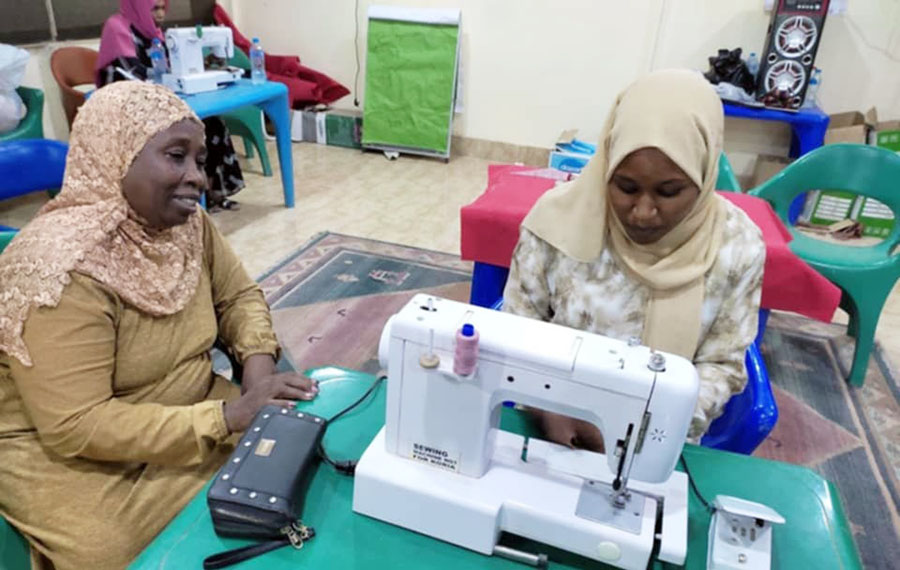
Sudanese in Egypt: The Struggle for Survival and the Wait for Return
Follow-ups - Moatinoon
Source: shorouknews.com
In front of an exchange office located on Al-Eshreen Street, which branches off from the main Faisal Street, one of the most prominent areas inhabited by the Sudanese community in Egypt, both before and after the outbreak of the recent war, dozens of Sudanese gather, searching for ways to finance their daily expenses. This scene reflects a dual challenge: managing their living expenses in the country of asylum and anticipating any sign of a safe return home.
The queues in front of the exchange offices have become spaces for spontaneous communication, where individuals exchange temporary job opportunities in a collective attempt to bridge the gap between their limited resources and the rising cost of living. Here, todays concerns are intertwined with tomorrows details. While clutching an overdue rent bill, one discusses the latest news of the Sudanese armys military advance in his hometown, as if an invisible thread connects their daily struggle for survival and their lingering dream of rebuilding what the war destroyed.
This scene embodies part of the complex reality faced by Sudanese refugees, where circumstances force them to turn every place into an opportunity and every encounter into a safety net, on a journey where the harshness of exile is inseparable from the wounds of their homeland.
A number of Sudanese interviewed by Al-Shorouks editor in front of the exchange office recounted that their sources of income vary, from remittances from abroad, whether from their families and relatives in Sudan or those working in the Gulf and other countries, to foreign aid, the majority of which comes from the UNHCR and some assistance from well-off Sudanese living in Cairo. They also offer the possibility of establishing projects and opening small shops in Egypt, primarily capitalized by Sudanese, selling and offering Sudanese products, including food, meat, spices, baked goods, and beverages.
One Sudanese citizen said he began working in the private sector in Egypt because he could not meet his daily living expenses. However, wages are low for a head of household who must cover the costs of children, education, and rent.
Another said he had no problems finding a job, explaining, "They would ask for proof of identity, such as a valid passport or yellow card, or residency if you were legally in the country, and then agree on the wages or labor."
Sudanese who came to Egypt after the war and do not hold legal residency residency recount the difficulties of receiving bank or money transfers from their relatives. Receiving a bank transfer requires legal residency in Cairo. The alternative to receiving remittances is through colleagues who have legal residency and official bank accounts to which the transfers are made. Therefore, these individuals face some difficulties when receiving large sums of money in a single transfer, even though the transfers are to multiple people. This is sometimes difficult to explain or prove to financial institutions in Egypt.

